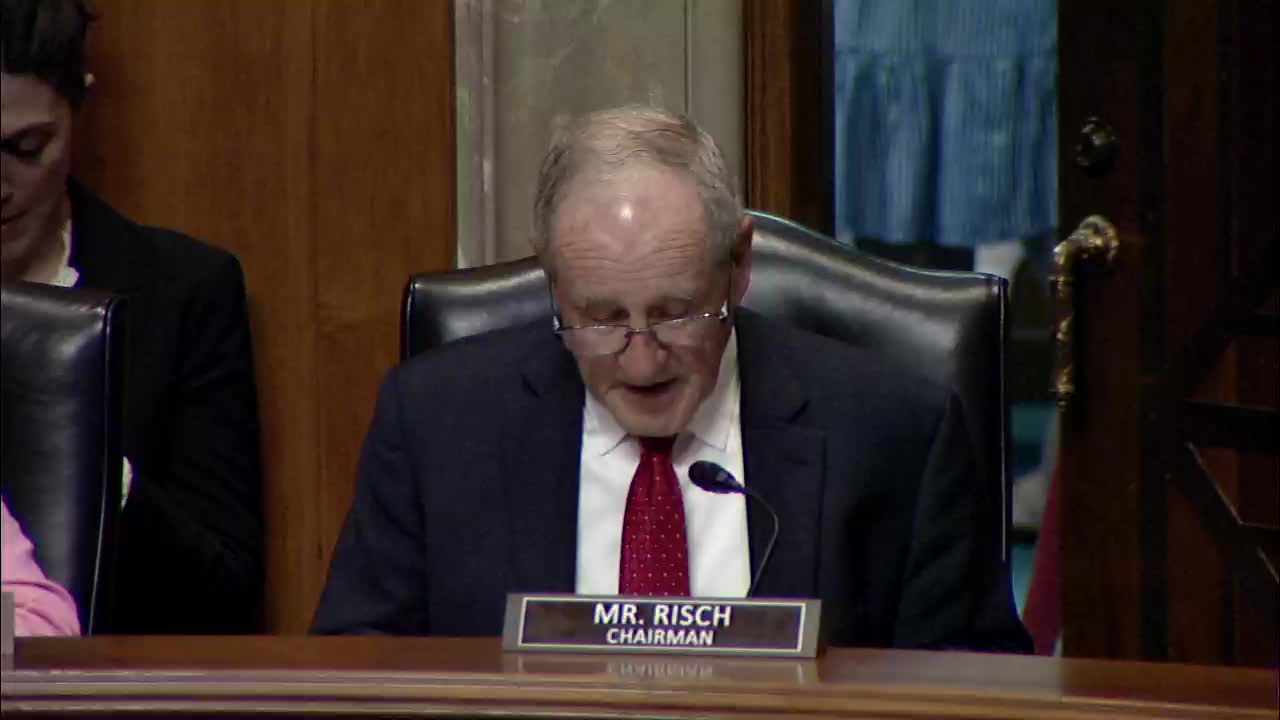Article not found
This article is no longer available. But don't worry—we've gathered other articles that discuss the same topic.
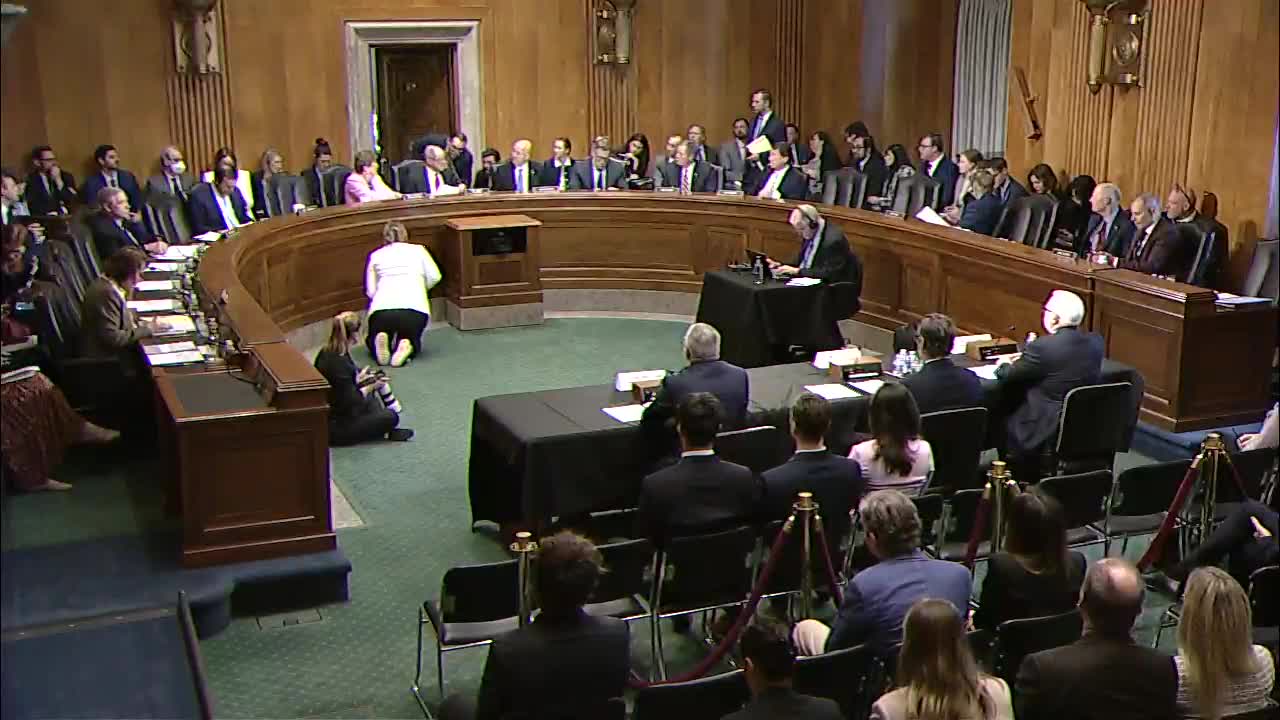
Senate Foreign Relations Committee Advances Five Nominations to the Floor
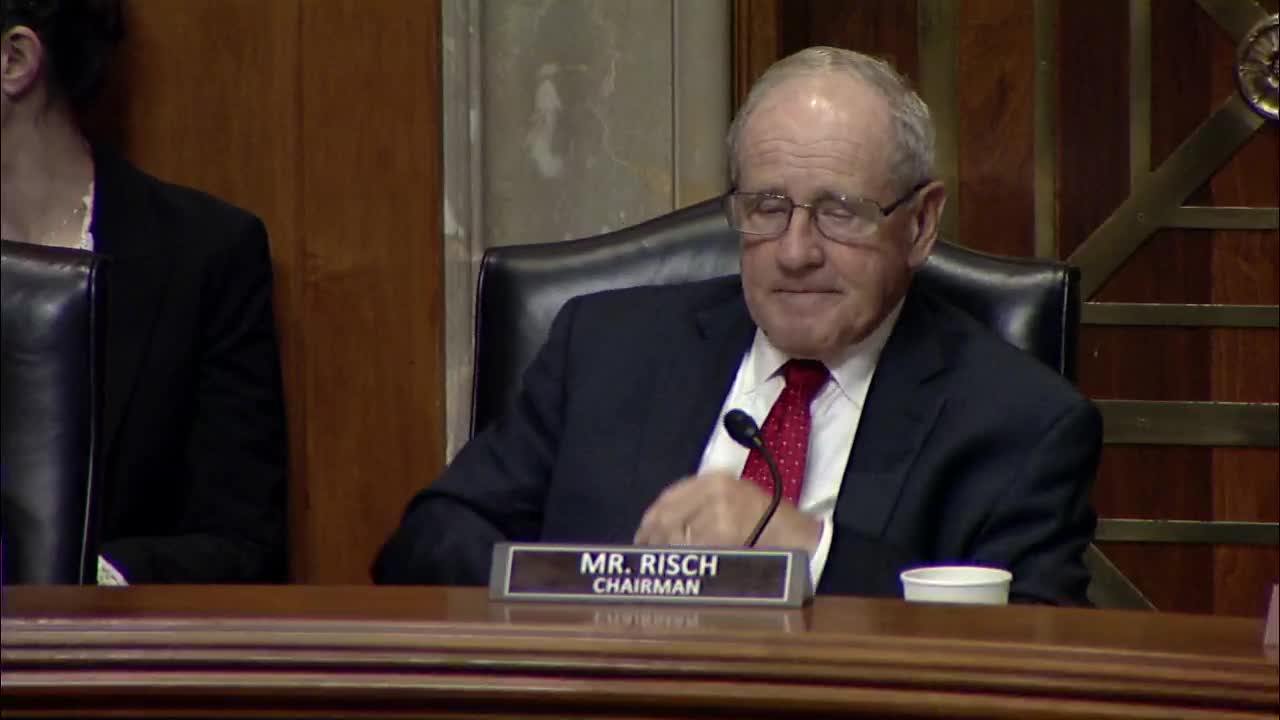
Nominee Michael DeSombre Underscores China Challenge, Economic Diplomacy and Hong Kong Concerns
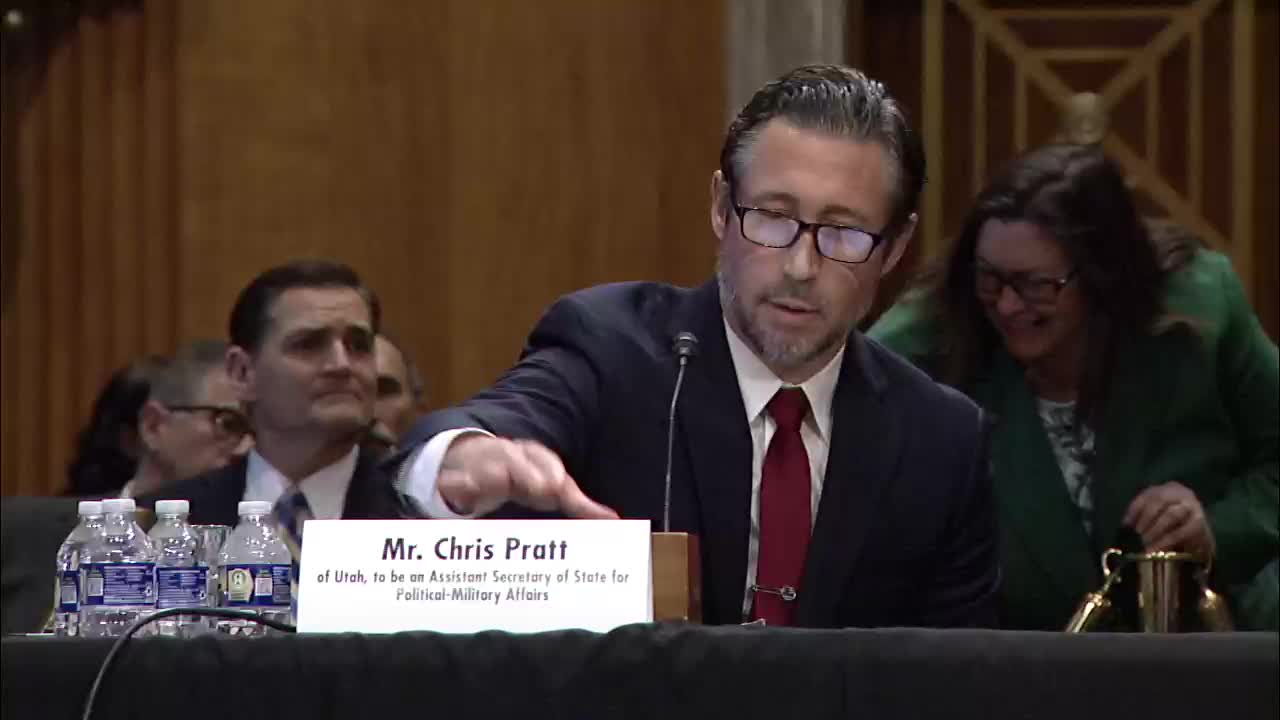
Nominee for Political‑Military Affairs Emphasizes Foreign Military Sales Reform, ITAR Fixes and Support for Taiwan
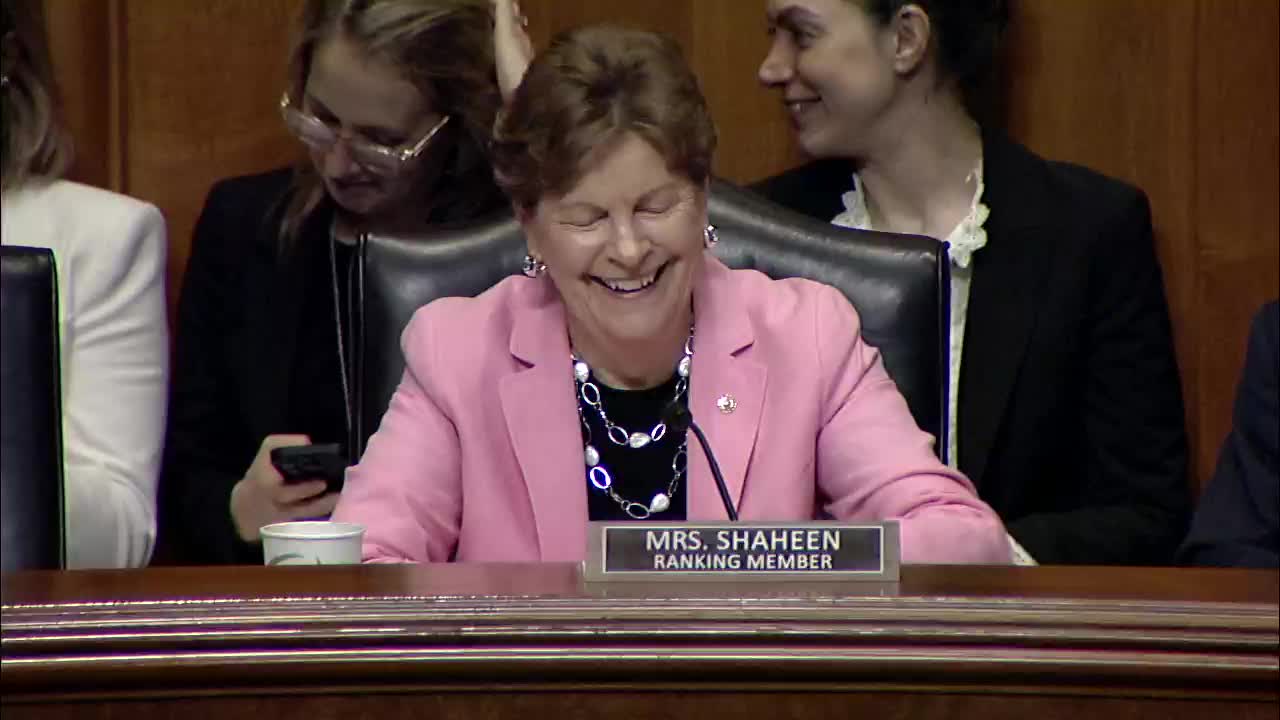
Senate Hearings Spotlight Syria Sanctions Lift, Repatriation of Detainees and Opportunity in Lebanon
